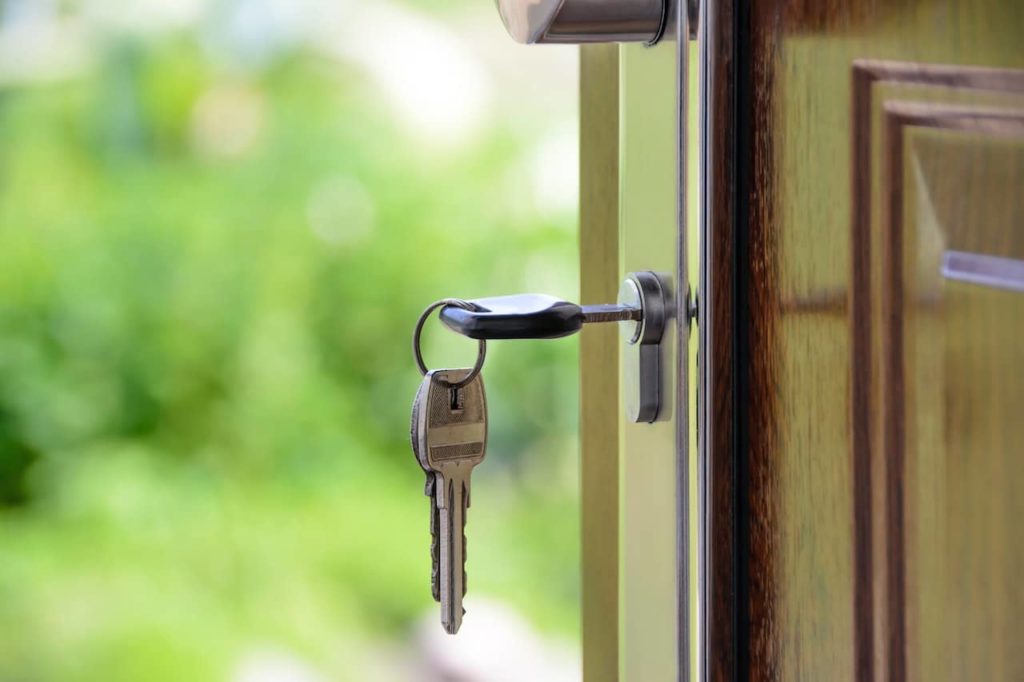In a recent blog, Landlords May be Stocking Up at the Same Food Pantries as their Tenants, we surveyed a story in the Washington Post about how an immigrant’s American dream turned in to a nightmare when he could neither collect rent from a tenant nor evict that tenant. The story of Romeo Budhoo is a story told by landlords across the U.S. The Post story this week reminded us of an NPR story from September 2000.
The Post story noted that “Nearly half of those rental properties are owned not by banks or big corporations but instead by what the government classifies as ‘small landlords’ — people [like Budhoo] who manage their own rentals and depend on them for basic income, and who are now trapped between tenants who can’t pay and their own mounting bills for insurance, mortgages and property tax. According to government estimates, a third of small landlords are at risk of bankruptcy or foreclosure as the pandemic continues into its second year.”
In September 2020, NPR discussed How Landlords Are Affected By COVID-19 Eviction Moratoriums. Katrina Bilella, who owns a rental home in Chicago, told NPR’s Scott Simon that she rented out the condo she had been living in when she relocated for work to Denver. Her pre-COVID tenants fell behind on their rent shortly after the lease began. Bilella said, “I tried my best to work with them. I understand, you know, we’re human. Things happen. I figured getting some rent was better than no rent.” That was before the pandemic hit. The situation got worse during the pandemic.
Bilella moved back to Chicago where she stays with friends and family because she cannot move back in to her condo because she has been displaced by her tenants. Her father was laid off and her mother has cancer. Bilella’s bills are due and there are hardships to go around.

Eric J. Ellman is Senior Vice President for Public Policy and Legal Affairs at the Consumer Data Industry Association (CDIA) in Washington, DC. He also served for eight months as Interim President and CEO of the Association. More
